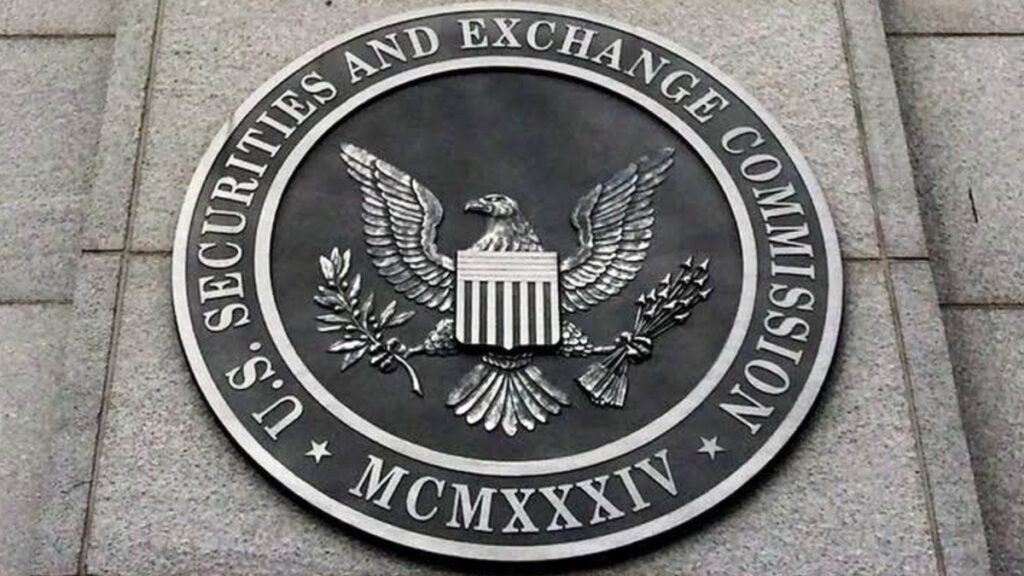The US SEC has charged Galois Capital Management, a fund adviser, with failing to correctly custody client assets.

The charges for Galois Capital Management include holding investor funds with the now-defunct cryptocurrency exchange FTX. According to reports, the collapse of FTX resulted in the capital management firm losing approximately half of its assets.
US SEC Accuses Galois Capital Management
The accusations allege that the US SEC’s custody rule was violated, which requires investment advisers who custody client funds to deposit the funds with a qualified custodian, such as a registered broker-dealer or bank.
The US SEC has determined that Galois maintained crypto assets in online trading accounts on various crypto exchanges, such as FTX Trading Ltd. The fund’s assets were reduced by approximately 50% due to FTX’s collapse in November 2022.
Corey Schuster, co-chief of the US SEC enforcement division’s asset management unit, stated in a statement that investors were “exposed to risks that fund assets, including crypto assets, could be lost, misused, or misappropriated” due to noncompliance with custody rule provisions.
“We will continue to hold accountable advisers who violate their core investor protection obligations.”
Anchorage Digital Bank, Fireblocks Trust Company, Coinbase Custody Trust, and Fidelity Digital Asset Services are among the qualified digital asset custodians that have emerged in the United States since 2021. FTX, a crypto exchange based in the Bahamas, was not one of them.
In November 2022, FTX experienced a severe liquidity crisis and allegations of fraud and mismanagement, ultimately leading to its collapse. This led to the company filing for bankruptcy, and billions of consumer funds were inaccessible.
The agency also contends that Galois misled fund investors regarding the notice period necessary for redemptions. The US SEC alleges that the fund adviser “misled certain investors by representing that redemptions required at least five business days’ notice before month end while allowing other investors to redeem with fewer days’ notice.”
According to the Securities and Exchange Commission (SEC), Galois has consented to a civil penalty of $225,000, which will be allocated to the fund’s harmed investors.
